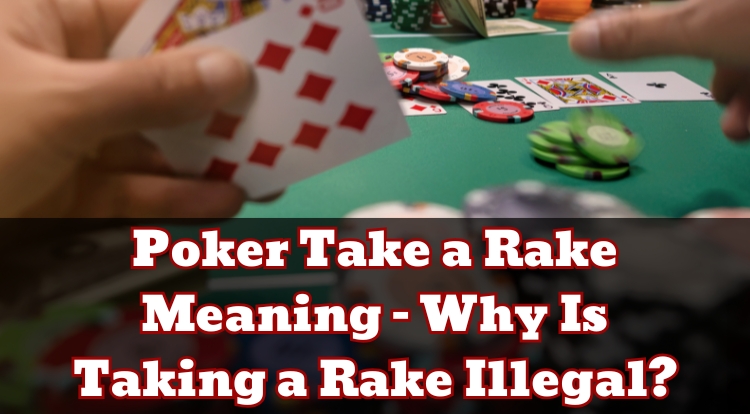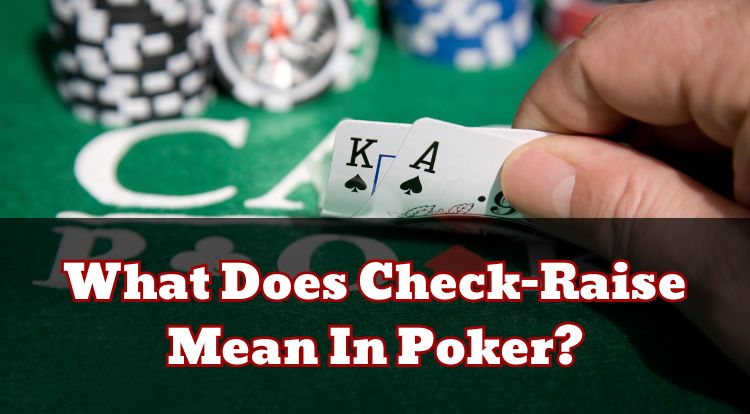Chip Dumping In Poker: Is It Illegal?
Poker is a game of skill and strategy enjoyed by many worldwide, but some practices raise questions about fairness and legality. One of these practices is “chip dumping.”
Understanding the legality of chip dumping is important for anyone interested in poker. This practice can impact the game’s fairness, and various rules govern it across different platforms.
In this post, we’ll explore how chip dumping works, its effect on the game, and the legal boundaries surrounding it. By understanding these issues, players can better navigate poker responsibly and within the rules.
What Is Chip Dumping?
Chip dumping happens in poker when a player deliberately loses their poker chips to another player. It is a tactic that might be observed in online poker games, more commonly in tournaments, but it may also appear in cash games. The person engaging in chip dumping may lose hands on purpose, passing their chips to another player, who is typically collaborating with them.
The player receiving the chips benefits from a larger stack, which they may use to potentially outplay others at the table. This act can significantly tilt the balance of the game, giving the recipient an unfair advantage over those who have worked hard for their chips.
Even though this action might seem minor, it affects the fairness and enjoyment of the game for everyone involved. Understanding chip dumping is important for anyone looking to participate in poker games, as fair play is a crucial aspect of the experience. Remember, adopting safe and responsible gambling practices benefits everyone at the table.
How Does Dumping Chips In Poker Work?
In the poker scene, chip dumping involves a player intentionally losing their chips to assist another player. This strategy requires two players to work together, with one player deliberately making poor decisions to transfer chips.
The player receiving the chips benefits from an increased stack. This gives them more chips to use in future hands, potentially allowing them to dominate the game.
Chip dumping often involves obvious mistakes during play, such as folding strong hands or betting in a manner that seems unusual. These actions help shift chips from one player to another without drawing too much attention.
Online poker tables might be more prone to chip dumping due to the physical absence of players. It makes monitoring and detecting such acts more challenging.
It’s crucial for all players to adhere to fair play principles. Engaging in chip dumping does not align with responsible gambling practices and can disrupt the fairness of the game for everyone involved.
Is Chip Dumping Illegal?
Chip dumping itself does not necessarily break any specific laws. However, it is considered a form of cheating in poker circles and is prohibited by nearly all casinos and online poker platforms. It violates the principles of fair play and integrity.
This practice often involves collusion, where players collaborate to gain an unfair advantage over others at the table. Such behaviour is viewed unfavourably and is discouraged across the poker industry.
Besides affecting fair play, chip dumping may sometimes be linked to more serious issues, such as money laundering. Using poker games to disguise illegal funds as genuine winnings is a criminal activity and may result in severe punishment, including potential jail time.
While engaging in chip dumping itself may not directly be deemed a criminal act, its connection to larger illegal activities places it under unwanted scrutiny. The poker community does not condone chip dumping, and players are encouraged to maintain fair and honest gameplay. Always focus on practising responsible gambling.
How Do Casinos Spot Chip Dumping?
Casinos use several methods to detect chip dumping. One of the primary tools is advanced software that monitors the gameplay for unusual patterns. This software analyses betting behaviours to identify actions that deviate from normal play, such as consistent losses to the same player.
Additionally, casinos employ a team of professionals who keep an eye on games. They are trained to spot signs of collusion and irregular activities. These experts review gameplay and player interactions, looking for anything that suggests unfair practices.
In online platforms, data analysis plays a significant role. All moves are recorded, allowing casinos to track the history of a player’s bets and outcomes. Repeated and intentional losses to a particular player might raise flags for potential chip dumping.
Casinos take these activities very seriously and work to uphold the integrity of their games. By understanding how casinos identify chip dumping, players can appreciate the importance of adhering to fair play standards and practising responsible gambling.
What Happens If You Get Caught Chip Dumping?
Players caught chip dumping might face serious consequences. One possible outcome is a permanent ban from the casino or online platform where the incident occurred. This ban not only affects their ability to play at that venue but also can harm their reputation within the poker community.
Reputation is important in poker, and being associated with unfair practices may lead to difficulties in joining games with others.
In addition to being banned, players in certain areas might face legal action. The specific response depends on the gambling regulations in their jurisdiction, and serious breaches could result in legal repercussions.
Understanding these potential outcomes highlights the importance of adhering to the rules and engaging in fair play. Observing responsible gambling practices benefits everyone involved, maintaining the integrity and enjoyment of the game.
**The information provided in this blog is intended for educational purposes and should not be construed as betting advice or a guarantee of success. Always gamble responsibly.




